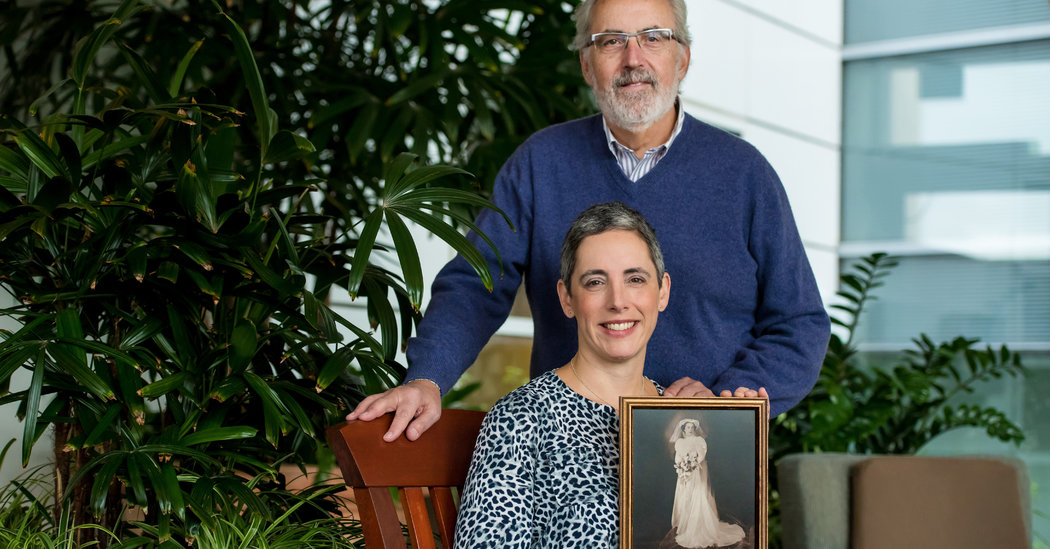
Ms. Corduck seeks to raise awareness of the vulnerability of Jewish men as well as women. Fathers like her own often carry one of the BRCA mutations that 50 percent of their male and female offspring will inherit. Men with a mutation may suffer from breast, prostate or pancreatic cancers, or melanoma triggered by it. I suspect that my genetic mutation also came from my paternal lineage.
“Your BRCA tumors are stupid,” my treasured first oncologist told me, much to my hilarity. “There’s a drug in the pipeline, but it may not be ready in time.” That sobered me up.
After my third recurrence, miraculously, there was a breakthrough in the previously dormant field of ovarian cancer. In 2012, my doctor managed to place me in a clinical trial with one of the new PARP inhibitors — three others have since been approved by the Food and Drug Administration — that now extend the lives of women with ovarian disease. A number of these drugs are being tested on women with BRCA-related metastatic breast cancer, and one has been approved by the F.D.A.
Ms. Corduck, with faith in research and “zero parental guilt,” feels “relieved” that she and her husband can provide the emotional support that their 10-year-old daughter will need when she confronts her risk as a young adult instead of landing in an oncologist’s office. Whether we count ourselves one in 40 or one in 400, we are less alone because of Ms. Corduck’s intrepid outreach. She proves that this terrible disease paradoxically generates astonishing valor from even the most endangered patient-activists.
She is following the example of the X-ray crystallographer Rosalind Franklin, who contributed in the early 1950s to the discovery of the DNA double helix. She continued to produce scientific papers while undergoing treatments for ovarian cancer. (In 1962 James Watson, Francis Crick and Maurice Wilkins shared the Nobel Prize for their work on DNA, but Ms. Franklin did not; she died in 1958 at the age of 37, and the rules of the prize precluded its being given posthumously.)
Without the work on DNA, the detection of the first BRCA mutation would never have happened. It was found by the American researcher Dr. Mary-Claire King, who believes that all women at the age of 30 should be offered a genetic test “as part of routine medical care” to protect themselves from breast and ovarian cancers.
Since I am a beneficiary of BRCA research who has been kept alive for six years by an experimental drug, I feel impelled to say, let us now praise women in science: Long may they continue to advance knowledge and safeguard future lives.
Susan Gubar, who has been dealing with ovarian cancer since 2008, is distinguished emerita professor of English at Indiana University.

